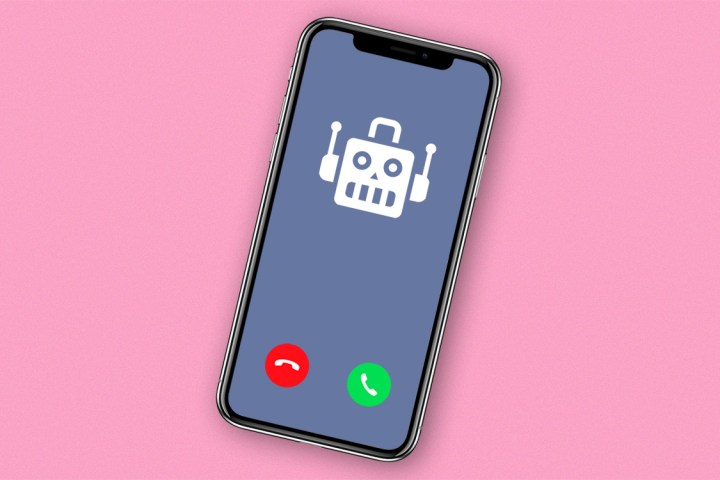
If you get a ton of robocalls, installing an app promising to block them might sound like a good idea. Robocalls are a huge problem, and a blocker seems like a quick and easy solution for improving the situation. Turns out, the apps might be violating your privacy starting from the second you open them.
A security consultant for the cybersecurity firm NCC Group took a look at some of the most popular robocall-blocking apps, and found a number of privacy violations, TechCrunch reports.
The apps they looked at include TrapCall, Hiya, and Truecaller. According to the firm, the apps will send user and/or device data to third-party analytics companies with the intent of monetizing your data, without asking for your expressed consent to do so. In many cases that information was also transmitted before a user was presented with the app’s privacy policy.
According to the firm, those apps are in violation of Apple’s guidelines which require an app to gain permission from a user before it sends any data to third parties.
The consultant argues that most smartphone users don’t have a technical background and are not able to tell what information is being shared with third parties. A privacy policy, which let’s face it most people don’t read, it really the only chance a user has to know where their information is being shared.
NCC Group contacted all of the apps in question about the privacy issues, but none of them made any changes until the group contacted Apple, after which TrapCall updated its privacy policy. Truecaller has reportedly since fixed the issue that allowed data to be sent when the app is opened.
Robocalls are becoming an increasingly larger problem for cell phone users. In June, the Federal Communications Commission (FCC) voted to allow companies to block robocalls by default.
All of the major carriers in the United States currently offer some form of robocall blocking; however, customers have to opt-in for those services. The new FCC regulations allow carriers to block those calls without a user expressly opting in for them to do so — though some wireless providers will now charge you for the privilege.



